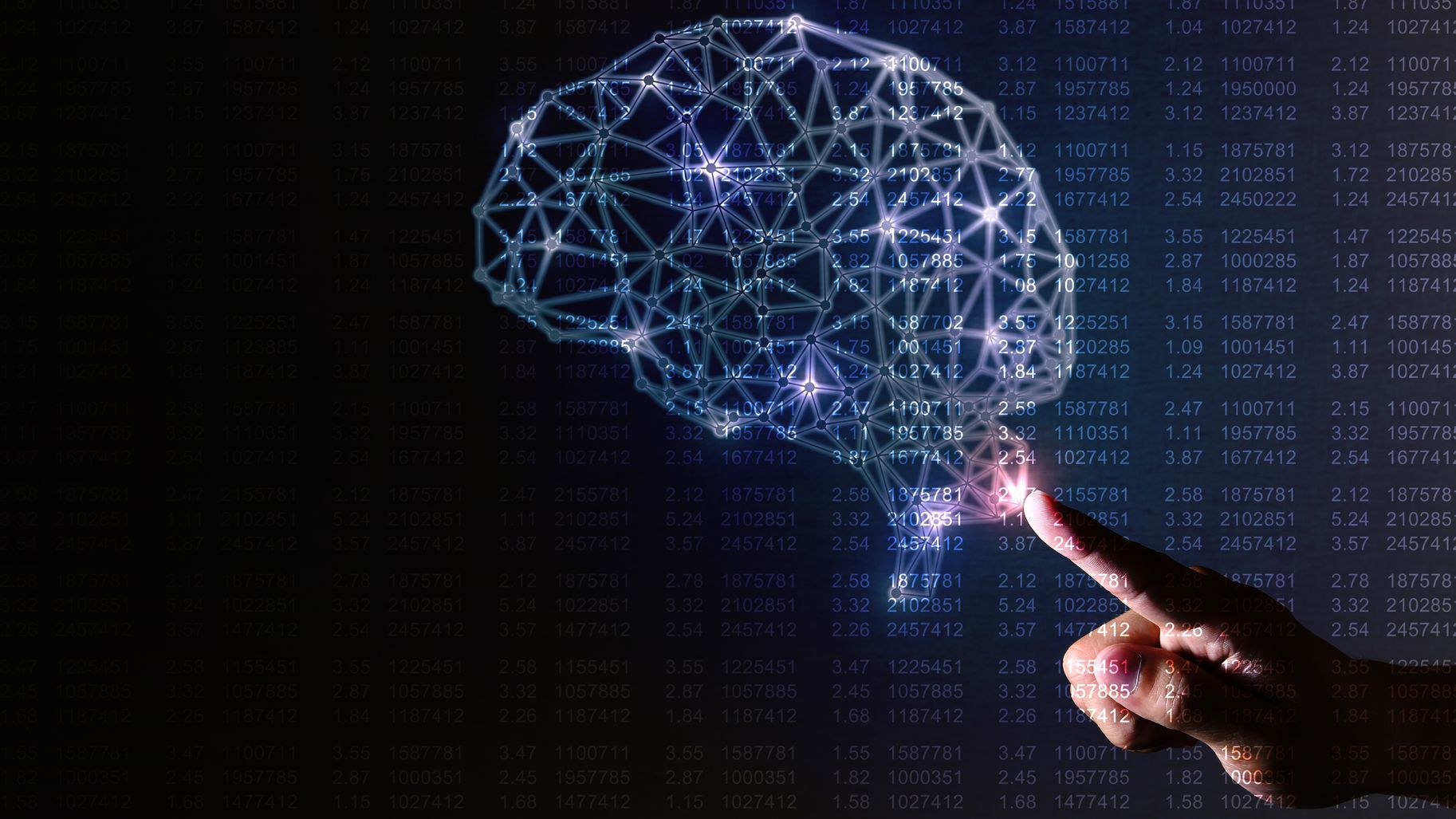The New Challenges of AI
Date:
Changed on 29/09/2022

Artificial intelligence is the latest wave of the digital revolution. Setting aside the fantasies about singularity and a form of AI capable of replacing humans’ intellectual and operational abilities, artificial intelligence simply relates to the opportunity to simultaneously exploit the availability of vast volumes of data, the power of proven mathematical algorithms embedded in software, and calculation capacities. The purpose of AI is to give a predictive aspect to such data and to generalise its daily use in all sectors of the economy and society, such as healthcare, labour, industry, agriculture, public policy-making, etc.
For the past three years, France has been engaged in a highly ambitious AI strategy, in which INRIA has been appointed to coordinate the research component, via the National AI Research Programme under the authority of the Prefect Renaud Vedel, the National Coordinator for Artificial Intelligence.
In particular, this strategy has helped to increase academic momentum with the implementation of projects bringing together AI players on a university campus, through four inter-disciplinary institutes of artificial intelligence (ANITI in Toulouse, PRAIRIE in Paris, MIAI in Grenoble and Nice-Sophia Antipolis with 3IA Côte d’Azur), or via initiatives such as the SCAI (in Sorbonne University), DataIA and Hi !Paris on the Saclay platform.
There are many issues at stake, each with a direct impact on our digital sovereignty: developing the competencies required meet massive needs, supporting the interdisciplinary transmission of AI (inventing or renewing scientific fields), mastering the mathematical foundations of AI to ensure the robustness of algorithms, and supporting innovation through a range of schemes (creation of technology start-ups, vocational training or joint teams with companies). Lastly, the building of a trustworthy digital society is a more topical issue than ever with the commitment to developing ethically, legally and environmentally responsible AI, in order to enable us to maintain control over digital technology and ensure that it remains at the service of our projects for society and humanity.

Benoît Rottembourg discusses the principles and challenges of responsible artificial intelligence.

What are the challenges and solutions to develop trust in AI and guarantee our sovereignty in this field? Elements of an answer with Fabien Gandon.

Stéphane Grumbach deciphers the influence of artificial intelligence on the organization of work through human-machine interaction.